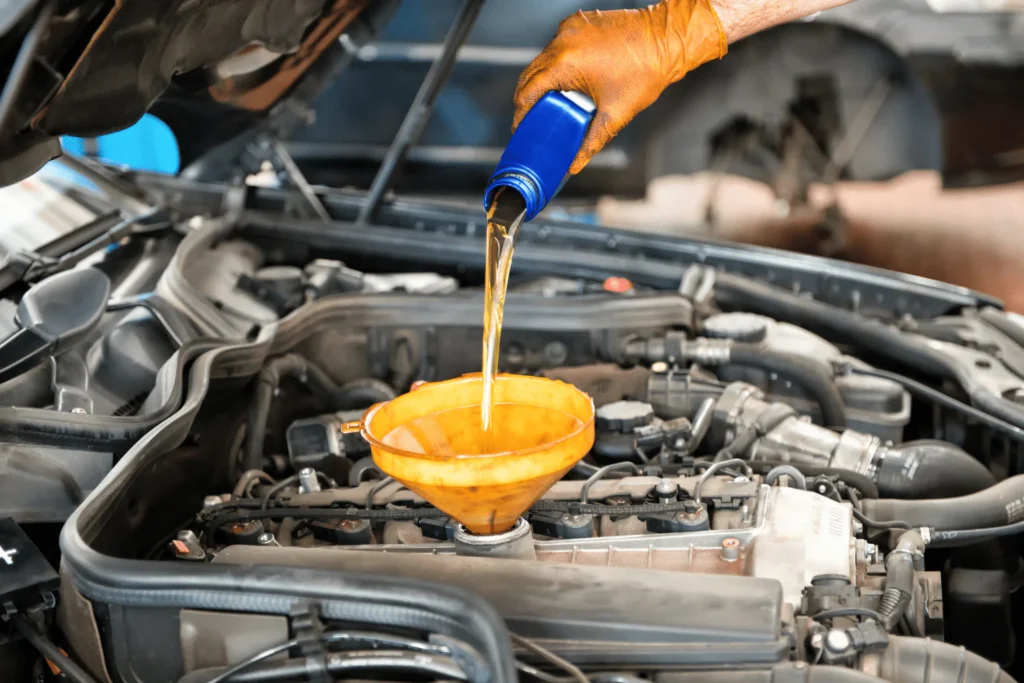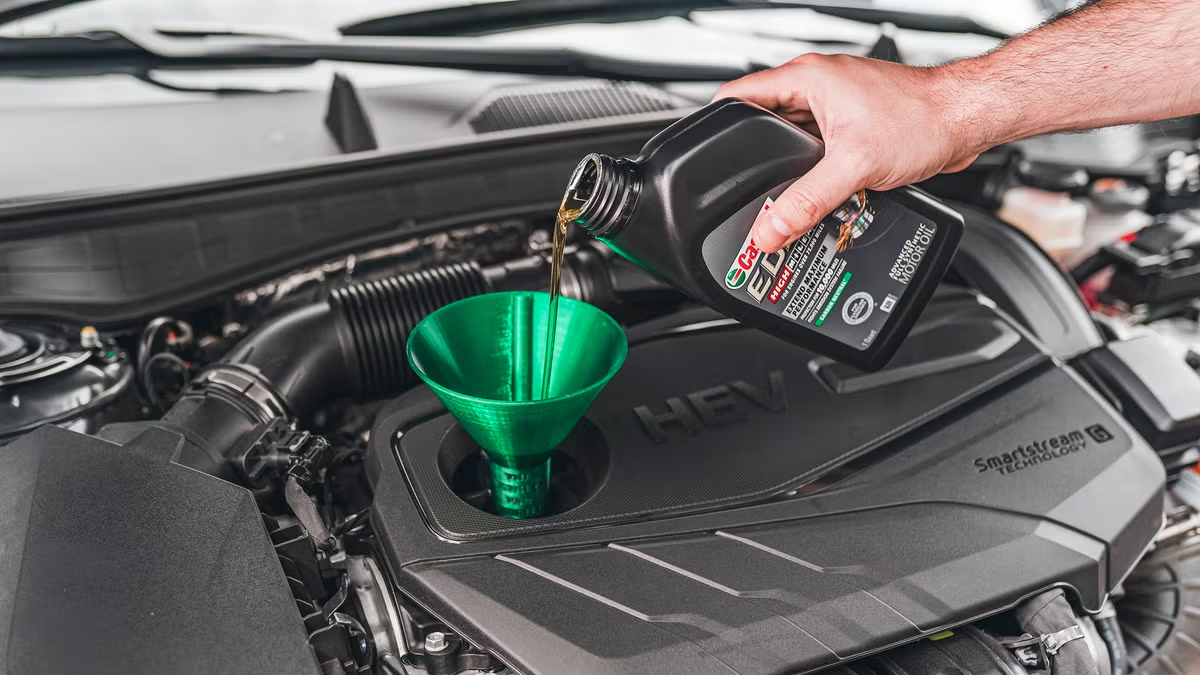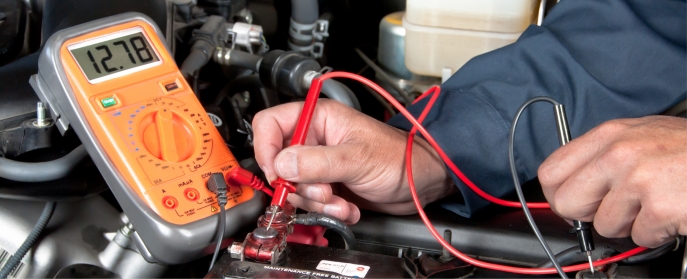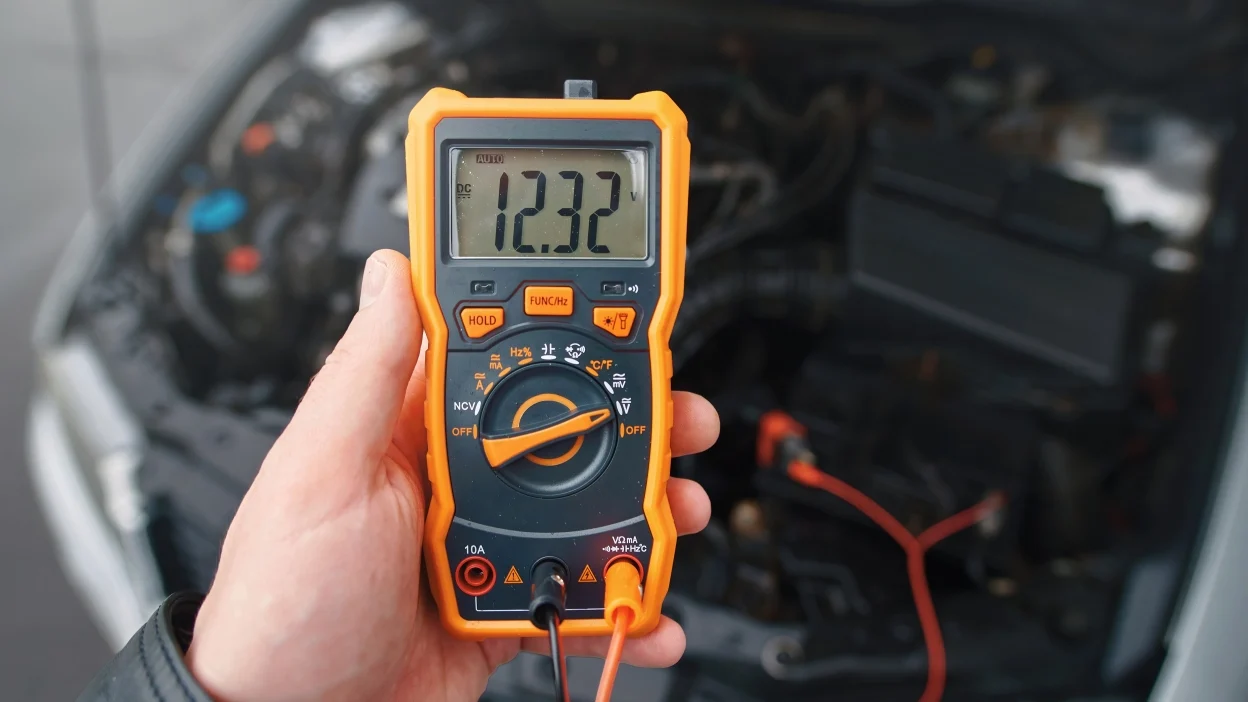If you’ve ever topped up your engine oil and wondered, can overfilling engine oil cause damage?, you’re not alone. Many car owners assume that a bit of extra oil can only help their engine run smoothly. However, overfilling engine oil can indeed cause damage to your vehicle’s engine, leading to costly repairs and decreased performance. Let’s explore how this happens, the symptoms to watch for, and what to do if you think you’ve overfilled the oil in your car.
Table of Contents
Why Can Overfilling Engine Oil Cause Damage?
So, can overfilling engine oil cause damage? The short answer is yes. When too much oil is added to an engine, it increases the internal pressure within the oil system. Here’s why this is a problem:
- Excessive Pressure on Seals and Gaskets: When there’s too much oil, the additional pressure can cause seals and gaskets to fail, leading to oil leaks. Once a leak begins, the oil level will drop, and over time, this can cause damage as the engine runs with less lubrication.
- Foaming and Air Bubbles: Overfilled engine oil can start to foam as the crankshaft rotates, creating air bubbles. This foaming reduces the oil’s ability to lubricate effectively, leading to friction between engine parts and potential wear and tear.
- Increased Wear on the Engine: Foamy oil or oil with air bubbles doesn’t lubricate engine parts as well as pure oil does. As a result, over time, engine components experience increased wear, and this can ultimately lead to costly repairs or even engine failure.
Signs and Symptoms of Overfilled Engine Oil
Recognizing the signs of overfilled engine oil can save you from serious damage. Here are some common symptoms to watch out for:
- Smoke from the Exhaust: Excessive engine oil can end up in the combustion chamber, leading to burning oil and producing white or bluish smoke from the exhaust.
- Strange Noises: Since overfilled oil can’t lubricate properly, the engine may make unusual noises due to increased friction.
- Strong Oil Smell: If oil starts to leak onto hot engine parts, you might notice a strong burning oil smell. This is often a sign that engine oil has been overfilled and is now leaking.
- Engine Warning Light: In some vehicles, the engine light may turn on when the oil level is too high or there’s a problem with oil pressure.
If you notice any of these symptoms, check the oil level immediately. Regularly inspecting the oil level using the dipstick will help prevent issues associated with both overfilling and underfilling.
How Much Oil Is Too Much? The Safe Range for Engine Oil Levels
To prevent damage, you should always maintain the correct engine oil level as specified in your vehicle’s manual. Generally, engine oil should fall between the “Min” and “Max” marks on the dipstick. Adding a little extra oil above the max line might seem harmless, but even half a quart too much can lead to issues.
So, can overfilling engine oil cause damage if it’s just a bit over the line? Yes, especially if you drive regularly at high speeds or with a heavy load, as increased pressure and temperature can exacerbate the effects of overfilled oil.

What to Do If You’ve Overfilled Engine Oil
If you think you may have overfilled the engine oil, don’t ignore it. Here’s how to correct the situation:
- Check the Dipstick: Confirm the oil level on the dipstick. If it’s above the “Max” line, it’s time to take action.
- Remove Excess Oil: You can use an oil extraction pump or visit a mechanic to remove the extra oil. Draining oil from the pan is also an option but may require lifting the car.
- Run the Engine and Recheck: After removing the excess oil, start the engine and let it run for a minute or two. Then, turn it off and check the dipstick again to ensure the level is in the safe range.
- Regularly Monitor Oil Levels: Maintaining the right oil level is key to engine health, so make it a habit to check your oil regularly. This will help prevent accidental overfilling and keep your engine running smoothly.
Final Thoughts: Can Overfilling Engine Oil Cause Damage?
The next time you ask, can overfilling engine oil cause damage?, remember that the answer is clear: yes, it can. Overfilling engine oil may lead to leaks, poor lubrication, and excessive wear on your engine. To keep your engine in peak condition, always ensure your oil level is within the recommended range.
Taking preventive measures, such as regularly checking oil levels and knowing the correct amount of oil your vehicle needs, will help you avoid the costly and damaging effects of overfilled engine oil.
Got more concerns about engine damage? Check out Does a Broken Dipstick Do Damage to an Engine? for more insights!





Leave a Reply